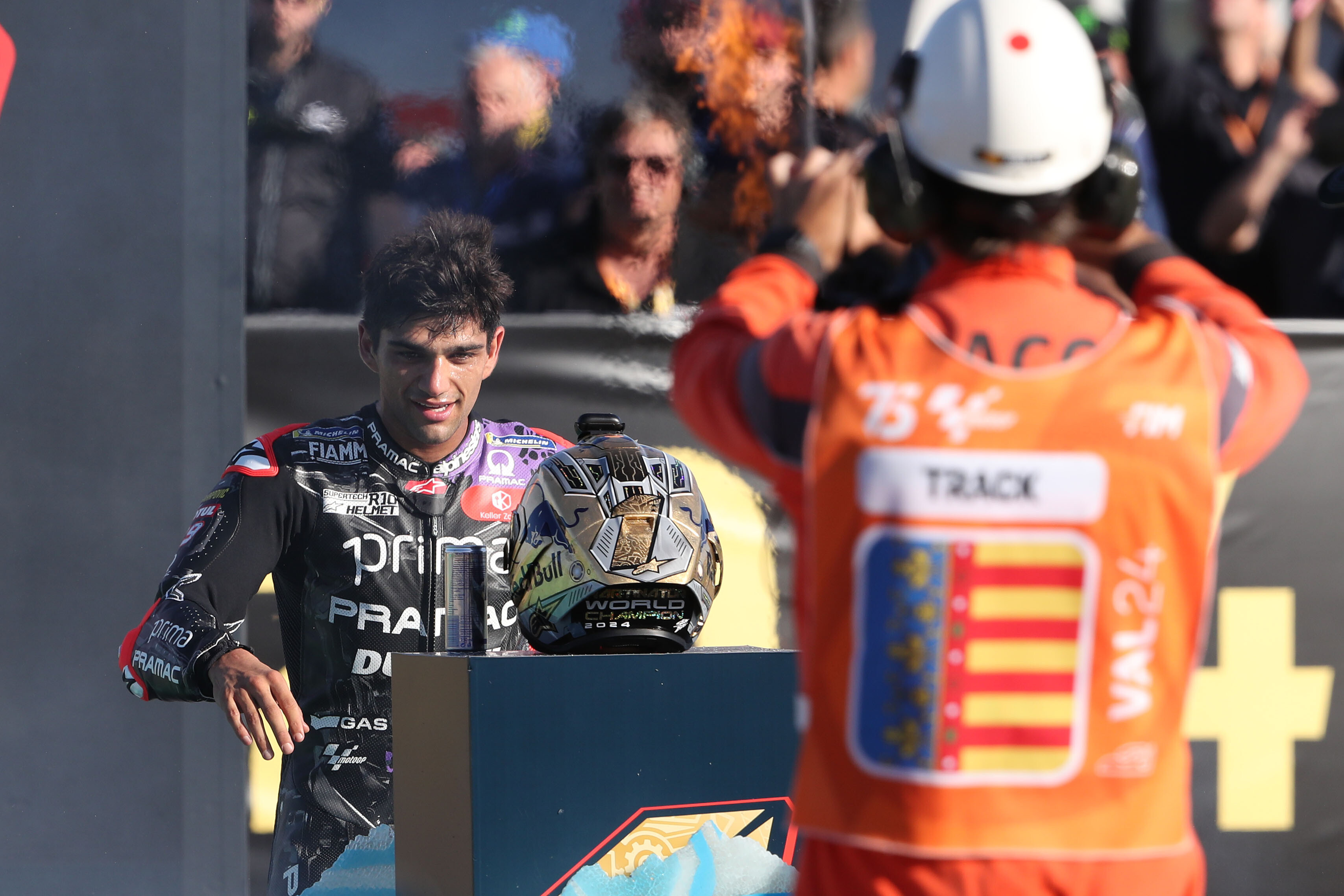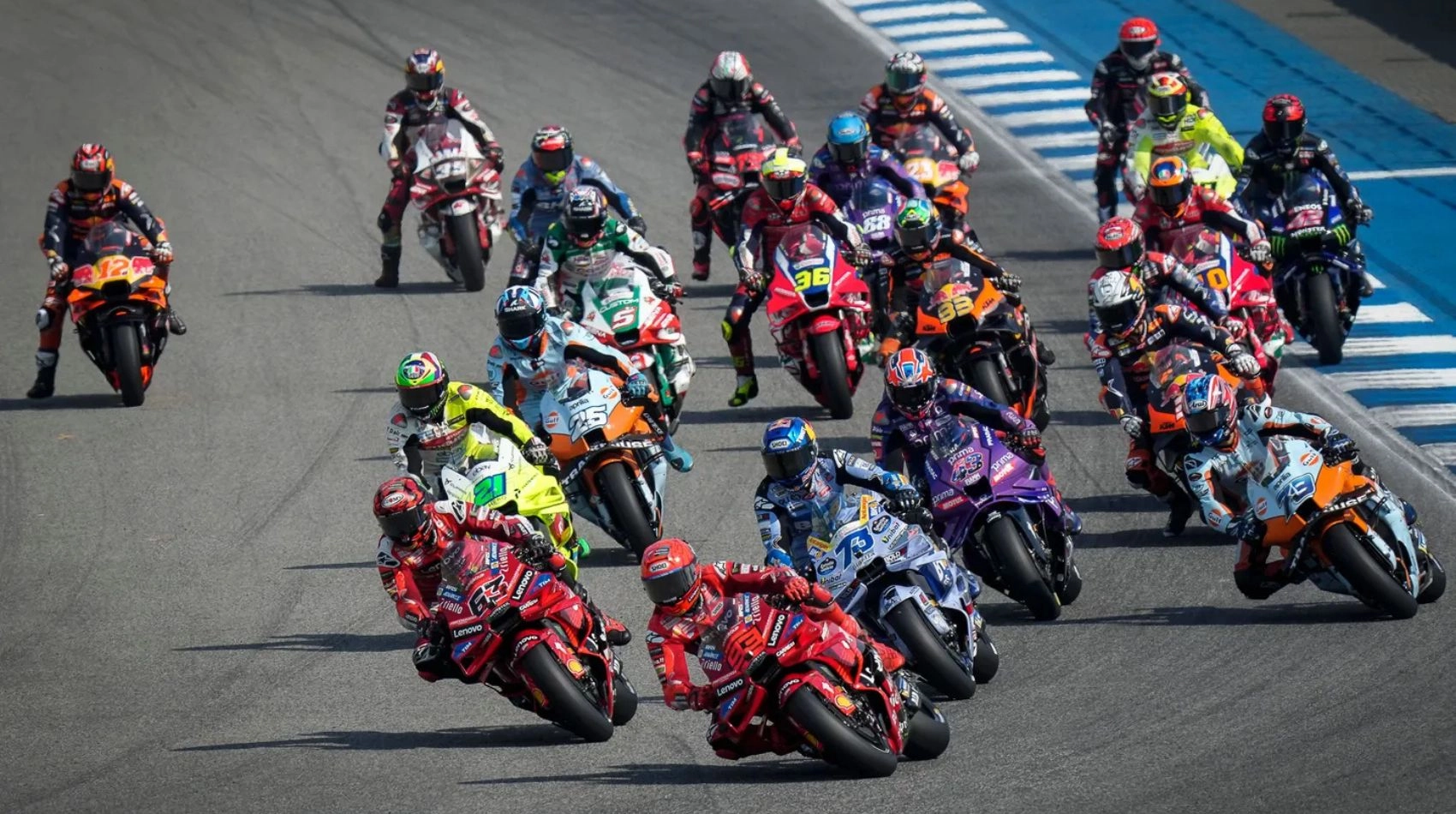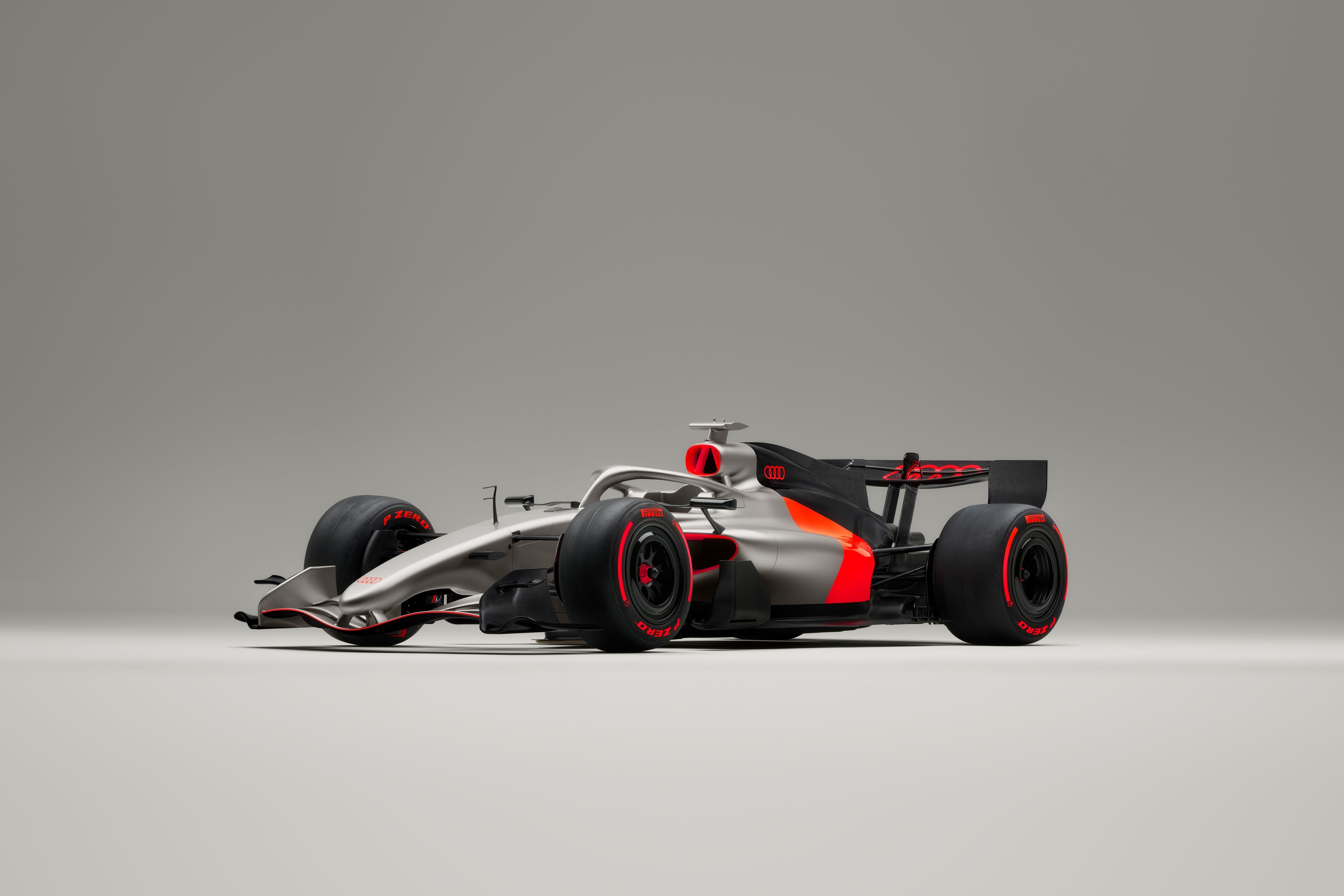Overview
- EU Antitrust Probe Initiation: Liberty Media's acquisition of MotoGP is facing heightened scrutiny under a new EU antitrust chief, Teresa Ribera, with a phase 2 investigation likely by December 19.
- Competition Concerns: The deal raises fears about potential monopolistic control over broadcasting and streaming in motorsports.
- Past Regulatory Challenges: Similar concerns led to MotoGP’s sale in 2005 during Formula 1’s acquisition by CVC Capital Partners.
- Potential Outcomes: The EU probe could delay the deal or impose remedies, with Liberty Media facing a €126 million penalty if the acquisition fails.
- Liberty Media’s Expansion Strategy: Since acquiring Formula 1, Liberty Media has focused on growing its motorsports footprint, leveraging digital platforms and global markets.
EU to Launch Detailed Probe into Liberty Media’s MotoGP Acquisition
The European Union is preparing to launch a detailed investigation into Liberty Media’s $3.8 billion acquisition of MotoGP, raising concerns about competition in motorsports broadcasting and streaming. This marks the first major escalation under the new EU antitrust chief, Teresa Ribera.
Liberty Media, which owns Formula 1, announced plans earlier this year to acquire an 86% stake in Dorna Sports, the company that has managed MotoGP since 1992. However, EU regulators are concerned that combining two of the largest motorsports brands under one entity could stifle competition in media rights markets.
Concerns Over Market Dominance
The potential for reduced competition in broadcasting and streaming has triggered the EU’s decision to initiate a phase 2 antitrust probe, expected to be announced by December 19. This extended review could add at least 90 working days to the approval process, with possible delays if additional data is requested.
The investigation reflects broader concerns about the consolidation of major sporting properties. Liberty Media, a media and entertainment conglomerate led by billionaire John Malone, faces a €126 million penalty if the deal collapses.
Historical Context
Regulatory concerns about monopolistic control are not new to motorsports. In 2005, CVC Capital Partners was required to sell MotoGP to gain EU approval for its Formula 1 acquisition. Similar apprehensions have resurfaced with Liberty Media’s proposal to bring both Formula 1 and MotoGP under one roof.
Liberty Media’s Strategy
Since acquiring Formula 1 in 2016, Liberty Media has pursued aggressive growth strategies, including expanding into key markets like the United States and leveraging digital streaming platforms. The success of initiatives like Netflix’s Drive to Survive has positioned Formula 1 as a global entertainment powerhouse.
Liberty’s spokesperson stated that the company is working “constructively” with EU regulators and hopes to demonstrate the dynamic nature of the sports and entertainment market. The company argues that the combined entities will not operate as a bundle but as distinct brands in a rapidly evolving market.
Potential Outcomes
The EU’s decision could significantly impact the deal’s future. Remedies, such as divestitures or operational commitments, may be required to address competition concerns. However, there is also a possibility of unconditional approval if regulators find no substantial evidence of harm.
The MotoGP acquisition is part of Liberty Media’s broader strategy to consolidate its position in the global sports and entertainment industry. If successful, the deal will unite two of the world’s premier motorsports brands, promising new opportunities for fans and stakeholders alike.
This investigation underscores the EU’s commitment to maintaining fair competition in the media and entertainment sector, particularly as the landscape evolves with digital innovation and market consolidation. The outcome of this case will likely set a precedent for future mergers in the sports industry.





